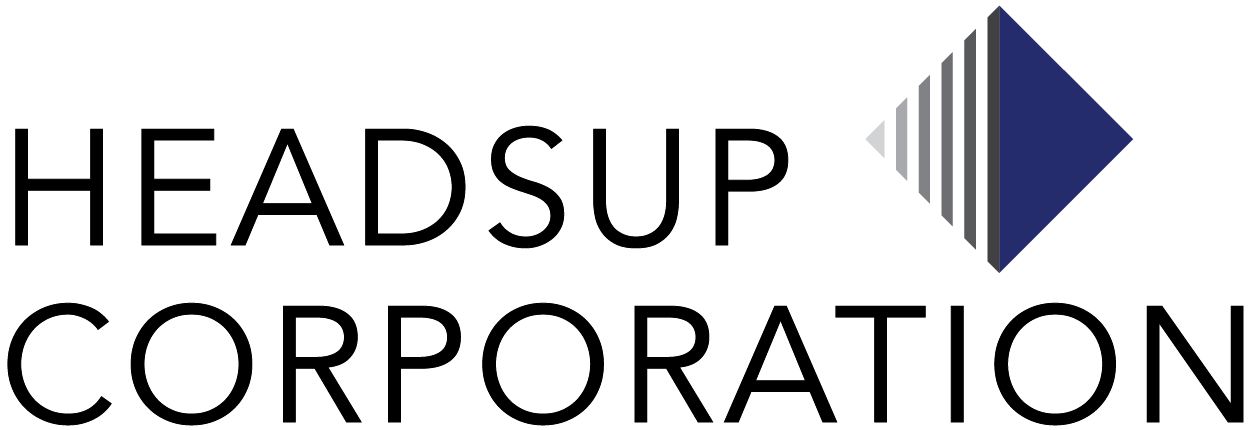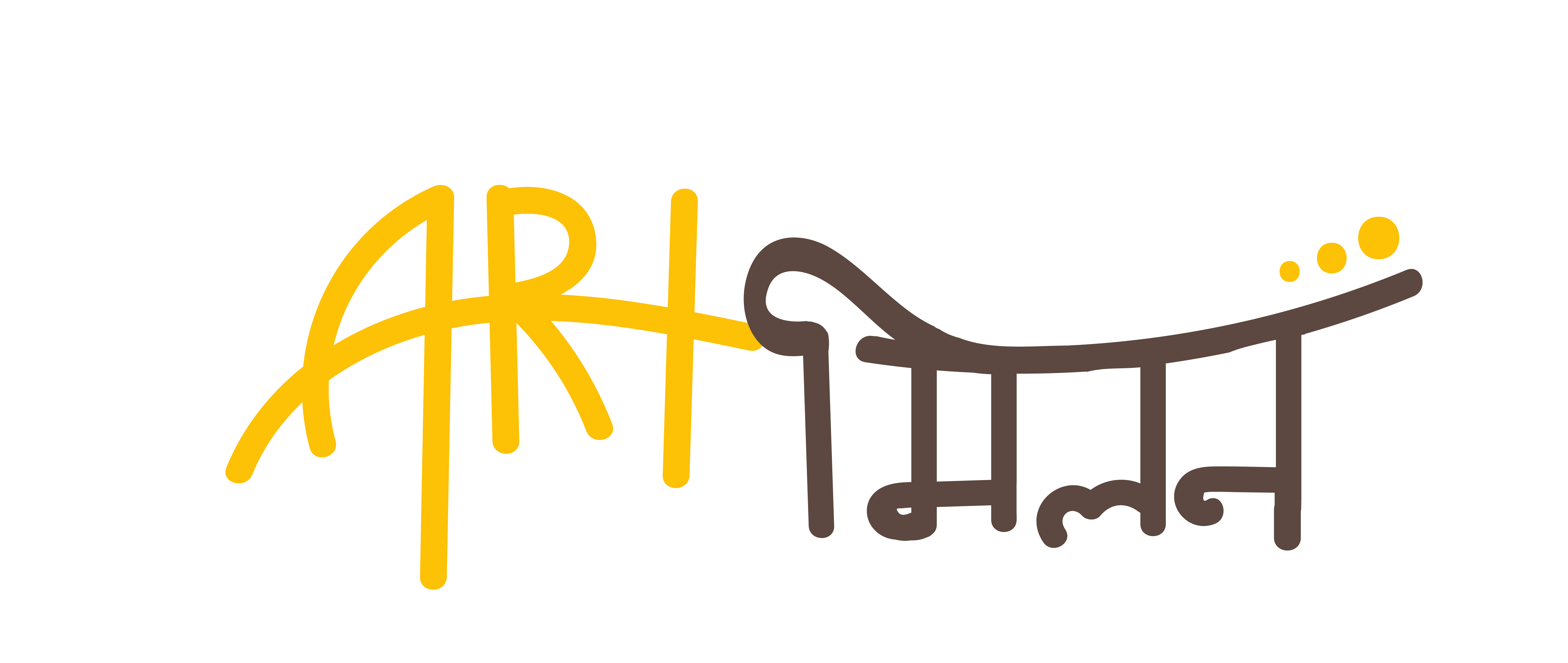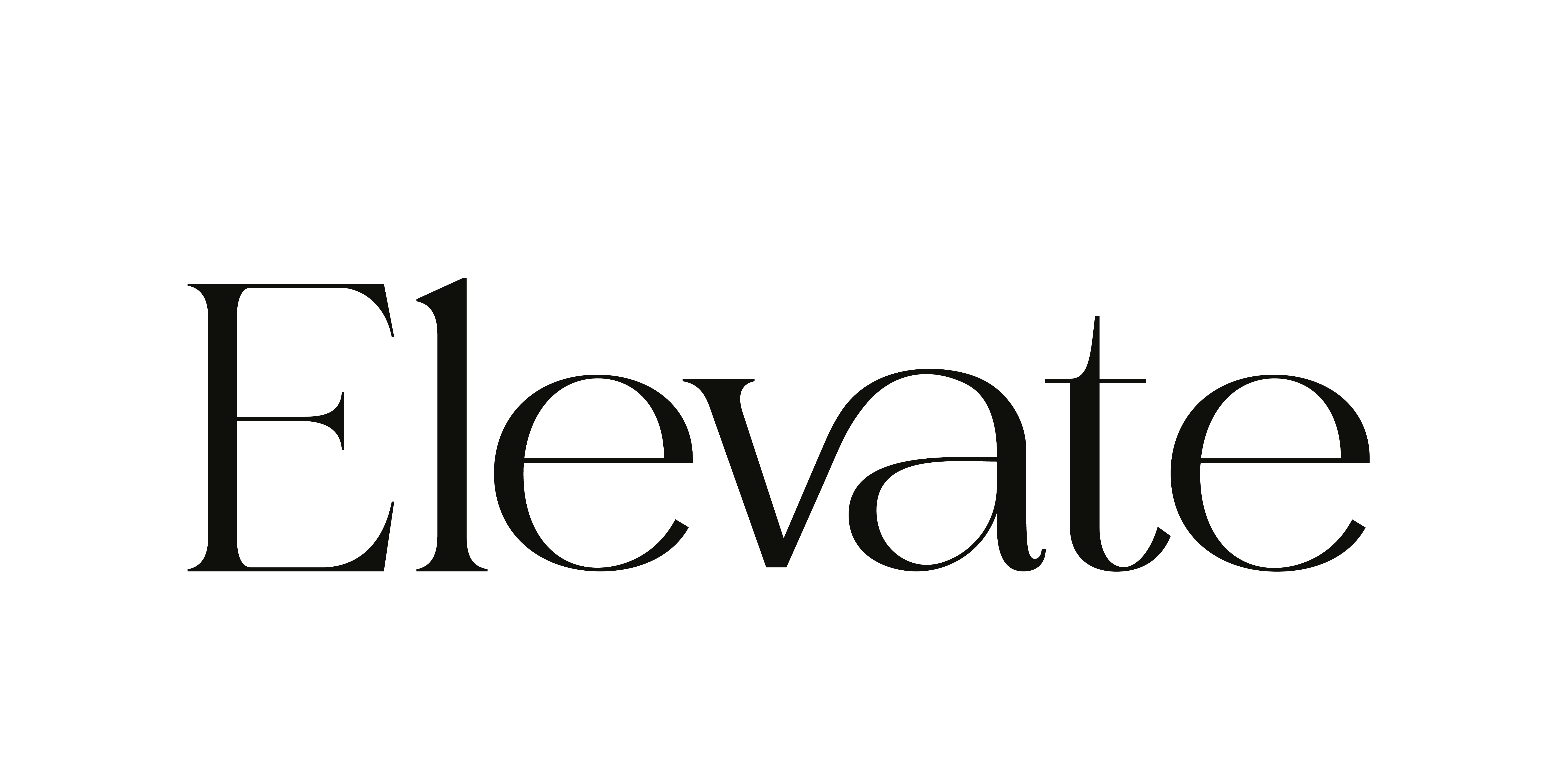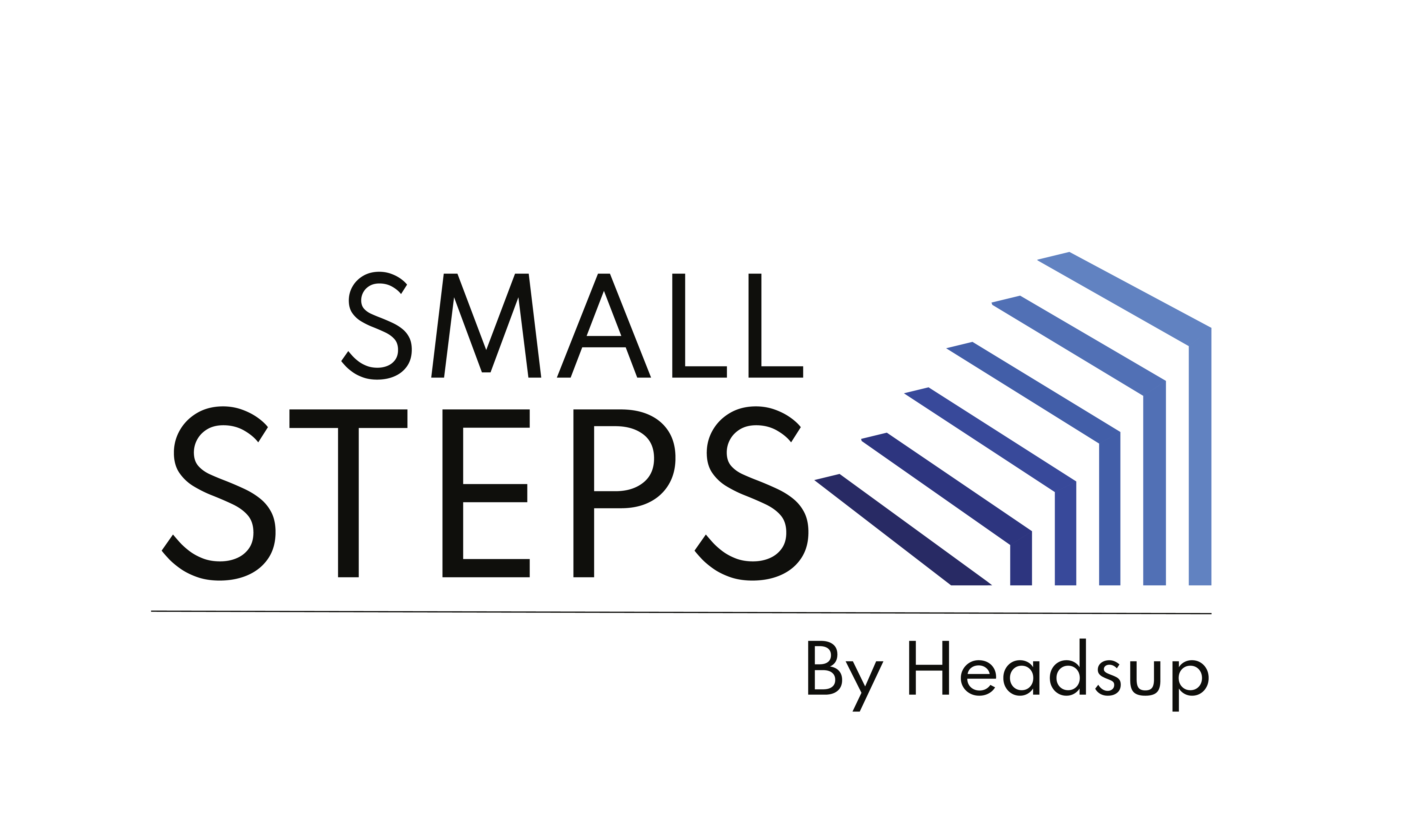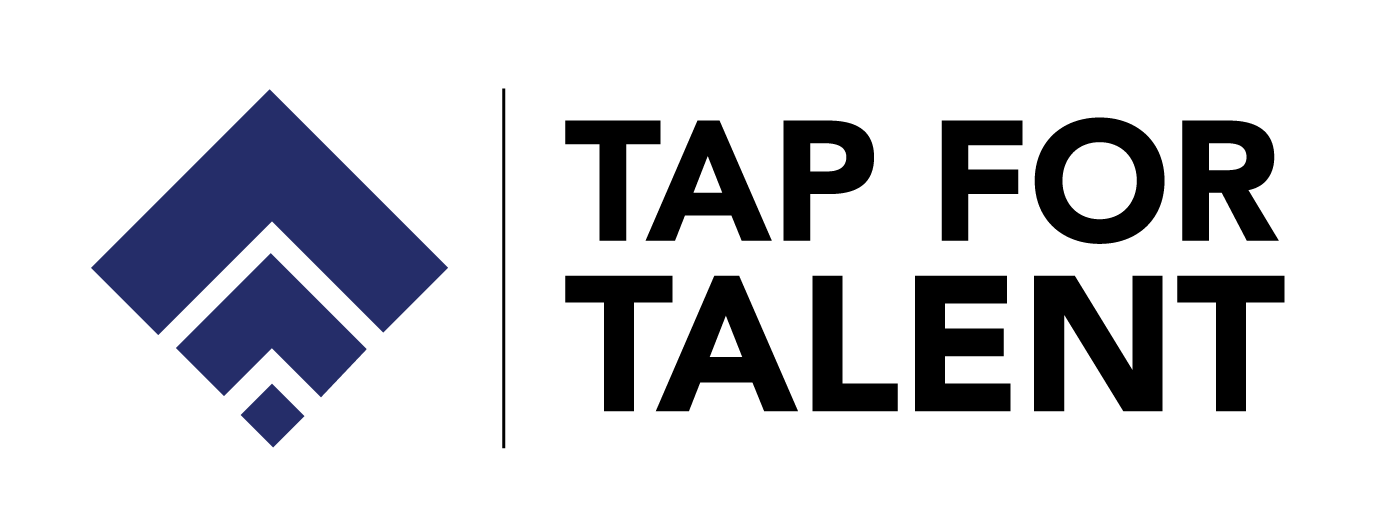Interviews often get a bad reputation while its stressful for candidates it is also stressful for interviewers. Did you know that 73% of job seekers say looking for a job is one of the most stressful situations to experience in life ? But if the result is positive you get a great addition to your organisation. Moreover, candidates also get an opportunity to learn, connect and explore your company. It’s not about the whole grilling a candidate or checking off boxes ; its majorly about uncovering potential, personality and fit.
While conducting an interview organisations get the ability to showcase their company culture and give the candidates a sneak peak into the working environment, benefits and role requirements.It’s also a chance for interviewers to evaluate how well candidates align with the company’s values and goals. A great fact about interviews is that how well the candidate matches with their on paper skills. Often candidates add fake experiences or skill set and have little to no knowledge about the things they mentioned. By focusing on meaningful conversations and creating a positive experience, organisations can attract top talent and make informed hiring decisions that benefit both in the long run.
How To Prepare For An Interview as an Interviewer
Did you know that 33% of the candidates quit the hiring process because they were interviewed poorly? Below you will find informative steps to conduct an interview so that you are not part of this stats.
Step 1: Prep like a Pro
Not just for candidates, preparation is key to ace an interview even as an interviewer. Make sure you are not just skimming through resumes but noting down specific points that you would like to touch upon. These points can vary from projects they were part of to certain skills that aligns with your necessary requirements. This step is extremely important as it shows that you care and helps you ask impactful questions.
Step 2: Set the Tone
Environment or vibes plays an important role in setting the tone of the interview. Being warm and having small talk always helps and it eases the candidates nerves. You could always ask about their commute or how they are feeling or how they find the office. A psych tip: Use priming by starting with something positive you noticed on their profile. You can compliment the candidate early on to boost their confidence and have more openness in the interview process.
Step 3: Create a Structure
Creating a structure is always a helpful addition and gives you edge as to how to proceed with your interview. But it also doesnt mean to stick to a specific routine its just a broader lens as to what key points you need to keep in mind. Think of it like a roadmap and a small checklist, in this you can add brief intros, candidates background and story, deep dive in skills and achievements and more according to your requirements. This flow balances consistency and more importantly a room to explore interesting points that might arise naturally.
Step 4: Ask Encouraging Questions
Forget yes/no or generic questions. Instead, ask open-ended ones that invite stories and give room to the candidates to showcase their skillset. Stories reveal thought processes, problem-solving skills and mostly personality. For example: “Tell me about a challenge you faced in your last project and how you handled it.” This gives you insight into their mindset and approach, not just their job title.
Step 5: Listen Actively
Listening isn’t passive it shows that you’re engaged. You can showcase that by nodding, summarising their points or asking clarifying questions. This encourages deeper sharing. Watch their tone, pace and body language—sometimes what’s unsaid tells you more than what’s said.
Step 6: Be Honest and Transparent
One of the key parts which is often overlooked is honesty and not selling out fantasies. Candidates appreciate honesty. Talk about the role’s real challenges, team dynamics and company culture. Transparency builds trust and ensures they’re making an informed choice.
Remember, the goal is mutual fit and not just filling a vacancy. When you’re upfront, you attract candidates who truly resonate with your environment.
Step 7: Close with Clarity
Wrap up by asking if they have questions as it’s their turn to interview you they might ask what is your expectation and how day-to-day will look like here. This is your chance to explain next steps clearly and when they can expect to hear back. Always end on a positive note, thanking them for their time. Whether or not they get the job, a good candidate experience leaves a lasting impression of your brand and for their future experiences.
Interviewing well is a skill you can build. It’s about preparation and empathy. When you approach interviews and most importantly candidates with respect and intentionality, you don’t just find candidates—you find future teammates who’ll grow with you. So next time you step into that interview room, remember: it’s a conversation, not an interrogation. Be present. Be real.
